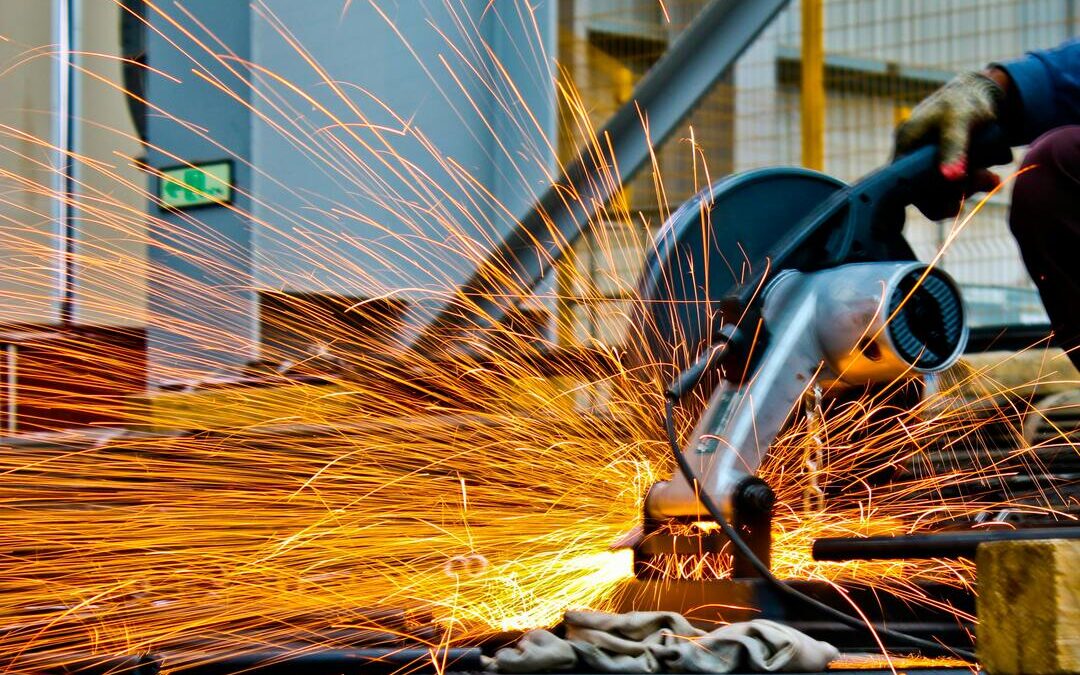Over 400 Workers Killed in India in 2024 Due to Workplace Safety Lapses
India’s workplace safety crisis deepens as over 400 workers killed in industrial accidents amid calls for urgent safety reforms.
Workplace safety in India is facing a catastrophic decline, with more than 400 workers killed and over 850 seriously injured until Dec. 10 this year, according to IndustriALL.
On Friday, the Copenhagen-based global union of workers, which has over 50 million members across 140 countries, said that these workplace accidents happened across the manufacturing, mining and energy sectors this year.
The grim statistics paint a bleak picture of safety standards in one of the world’s fastest-growing economies, where underreporting of accidents means the actual toll is likely far higher.
“This month we mark 40 years since Union Carbide’s Bhopal gas disaster that took tens of thousands of lives, and still, India remains the most unsafe workplace with more industrial fatalities than anywhere else in the world,” said Gautam Mody, executive committee member of IndustriALL.
“The authoritarian government has downgraded occupational health and safety laws as it continues to put profits above workers’ lives. Regaining lost protection and winning safe and secure jobs calls upon us to take forward a militant fightback,” he added.
This year, the chemical and pharmaceutical sectors saw some of the most severe accidents. Over 110 workplace accidents occurred in the industries, which killed at least 220 workers and seriously injured over 550.
The chemical and pharmaceutical sectors were the deadliest this year, with at least 110 accidents that claimed 220 lives and left more than 550 workers with serious injuries.
One of the most severe incidents occurred on Aug. 21, when an explosion at a pharmaceutical factory owned by Escientia Advanced Sciences in Andhra Pradesh’s special economic zone killed 18 workers and injured 30 others.
Fatal Incidents Across Sectors
The May explosion at Amudan Chemicals’ plant in Mumbai was another devastating event, killing 13 workers and injuring more than 60.
The report revealed that safety lapses, particularly inadequate precautions for mixing and storing chemicals, were responsible for the disaster.
In February, a fire at a paint factory in Delhi claimed 11 lives and left many more with severe injuries. Investigations revealed that the factory was operating illegally, according to the Delhi Municipal Corporation.
The report further stated that accidents were not confined to the chemical and pharmaceutical sectors. The mining industry saw at least 22 accidents, killing 60 workers and seriously injuring more than 50. In the energy sector, over 20 workers died in workplace accidents this year.
In one of the worst incidents, a boiler explosion at a parts manufacturing facility in Haryana — a vital link in India’s automotive supply chain — killed 14 workers and seriously injured 25 others.
Systemic Failures in Workplace Oversight
IndustriALL’s analysis points to systemic failures in workplace oversight. Many of the fatalities involved precarious workers with little training and no job security.
“There is clear evidence that the accidents occur as a result of severe negligence of safety rules, a weak supervisory system, inadequate factory inspections, and the employment of large numbers of untrained precarious workers,” the report stated.
Regulatory changes made by the Indian government have further weakened safety protections. The relaxation of workplace inspection rules and the introduction of a new occupational safety and health law have diminished the power of inspectors.
Unannounced inspections are no longer permitted, and companies can self-certify their compliance with safety standards, further reducing accountability.
“The current state of industrial safety in the country is worrisome,” said Sanjay Vadhavkar, an executive committee member of IndustriALL.
“The alarming rate at which industrial accidents occur daily reflects compromised workplace safety measures. We urge employers to actively engage with unions and the Directorate General of Factory Advice Service & Labour Institutes to implement an action plan for ensuring safe workplaces.”
Calls for Urgent Reform
Pressure is mounting on the Indian government to review its workplace safety policies and engage in social dialogue with trade unions. Kemal Özkan, assistant general secretary of IndustriALL, emphasized the importance of the right to a safe workplace as a fundamental labor right.
“The right to a safe workplace is one of the fundamental principles and rights at work. Looking at the dire state of workplace safety in India, it is clear that this fundamental right is violated,” said Özkan. “We urge the Indian government to review workplace safety regulations and engage in social dialogue with trade unions to prevent further fatalities due to safety lapses.”
As India’s economy continues to grow, critics argue that the cost of that growth should not be paid in workers’ lives. With mounting calls for reform from labor organizations and human rights advocates, all eyes are now on the Indian government to see if it will prioritize worker safety or continue down a path of deregulation and corporate self-regulation.

